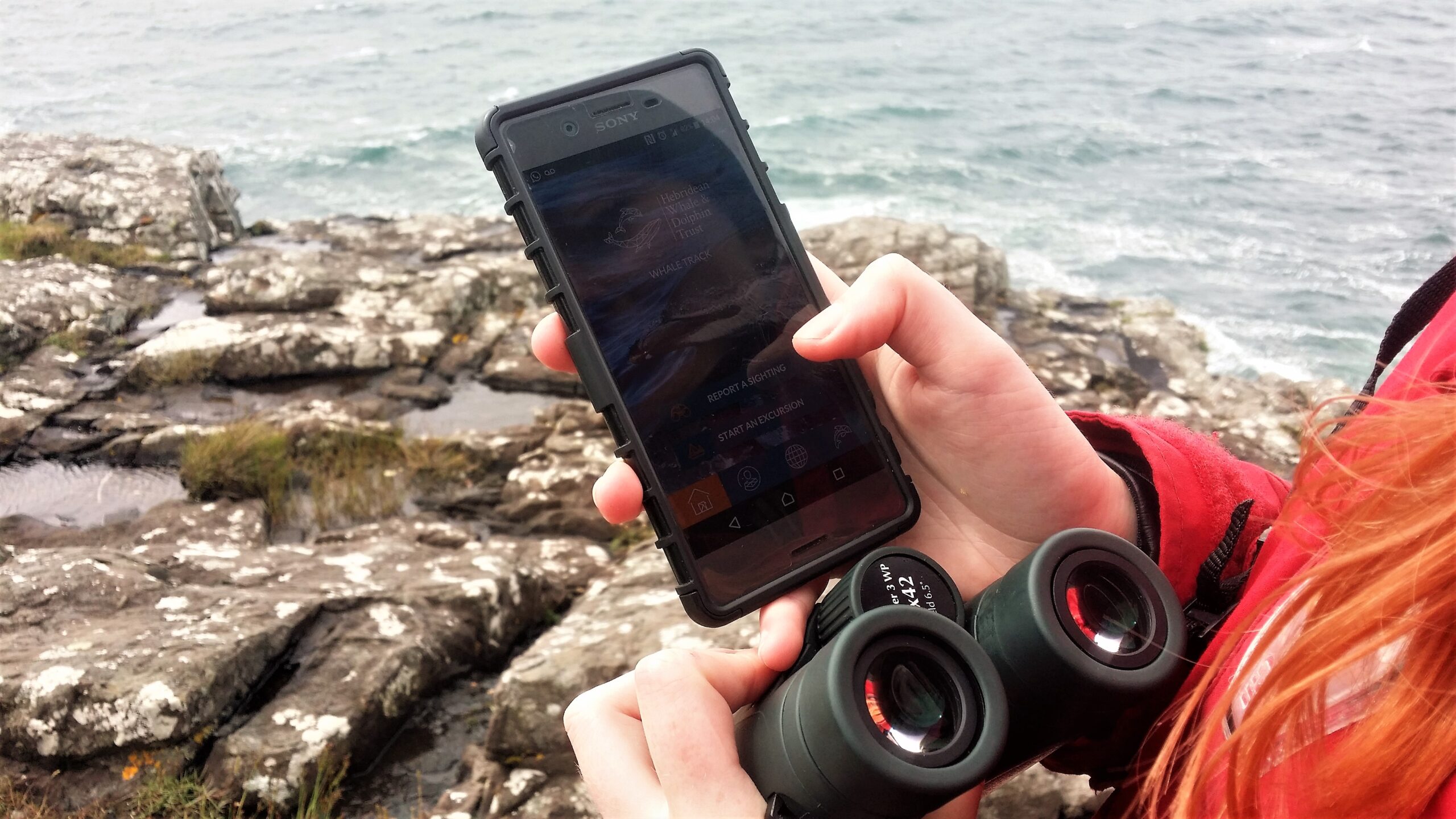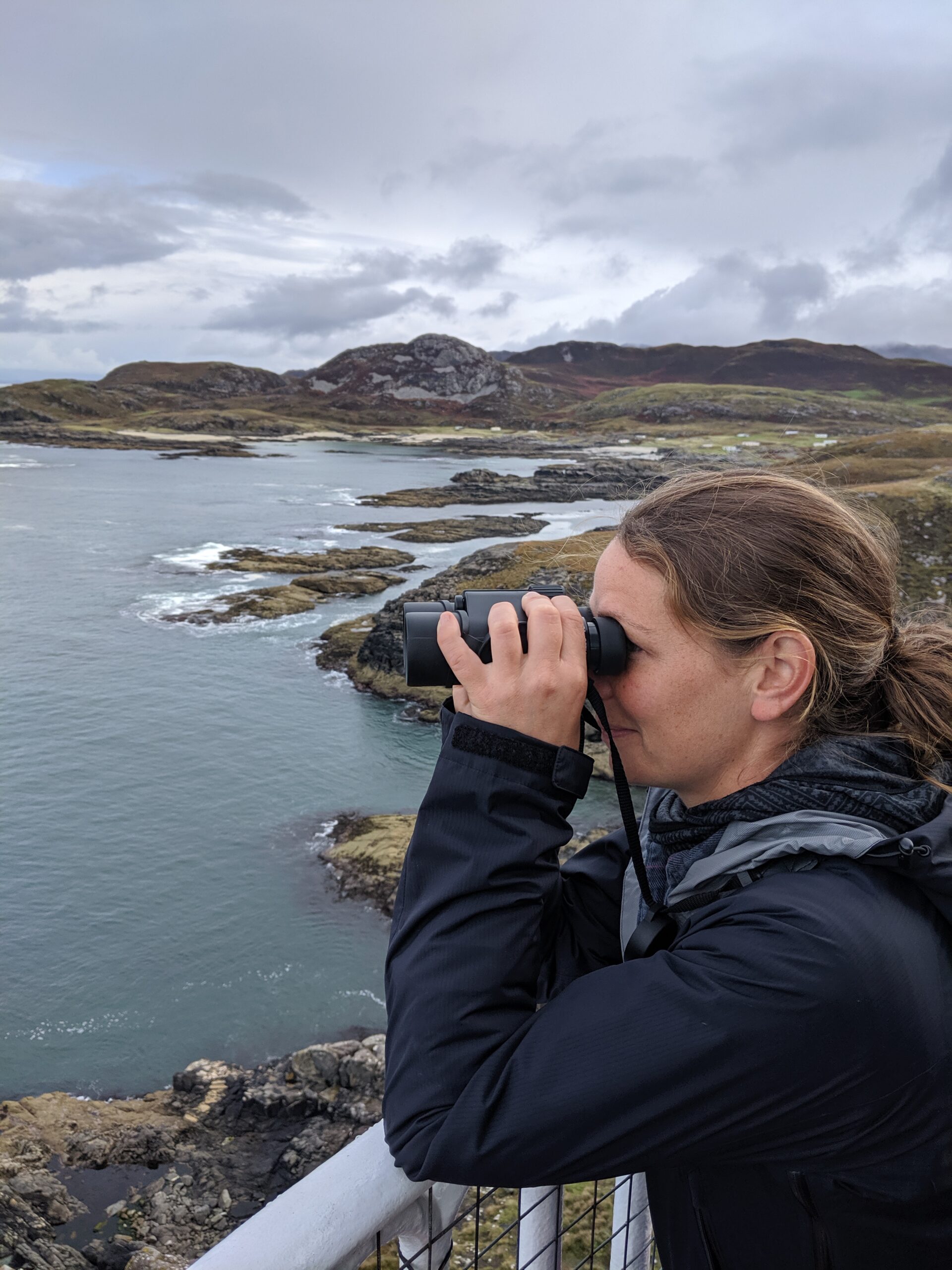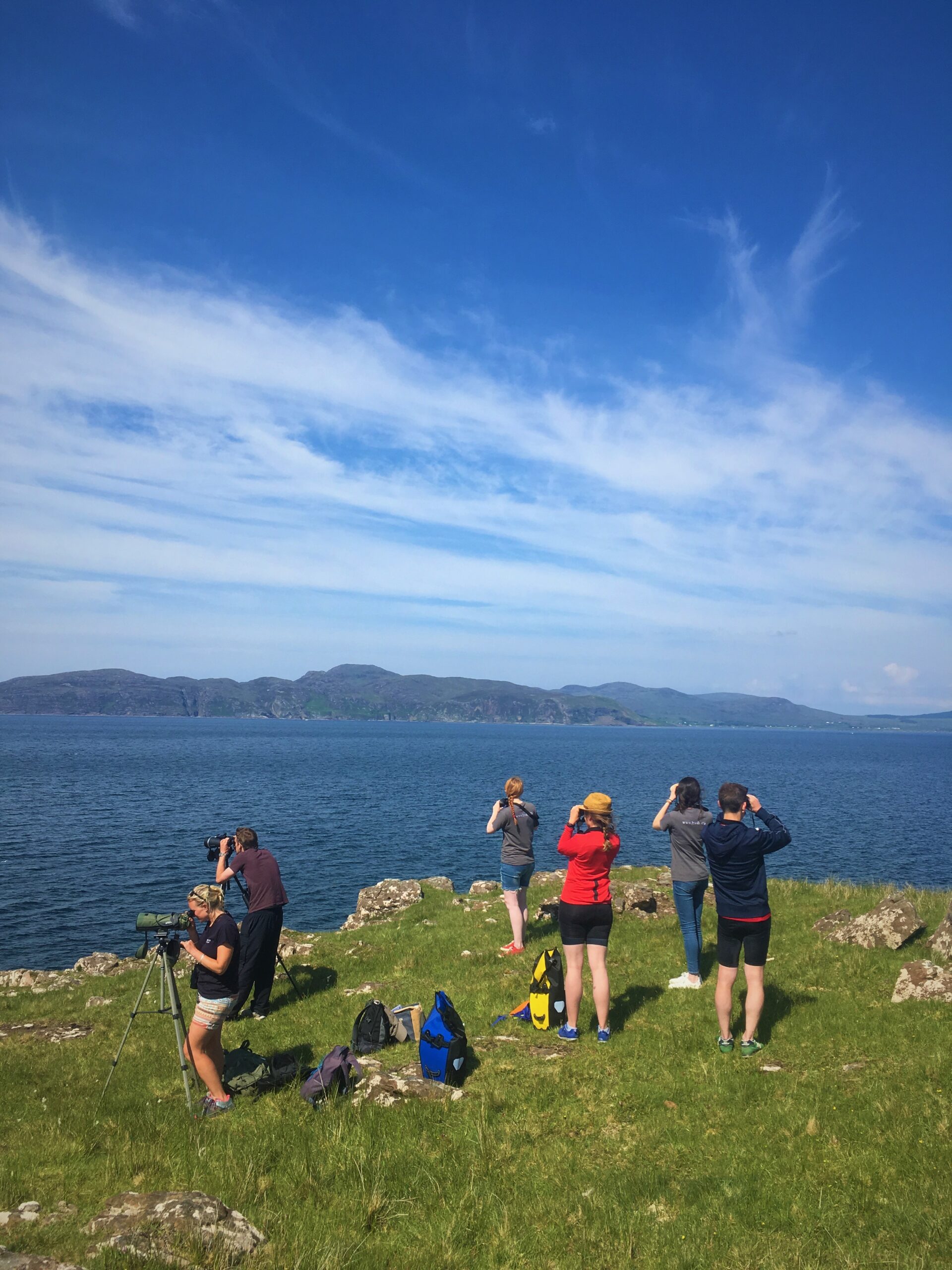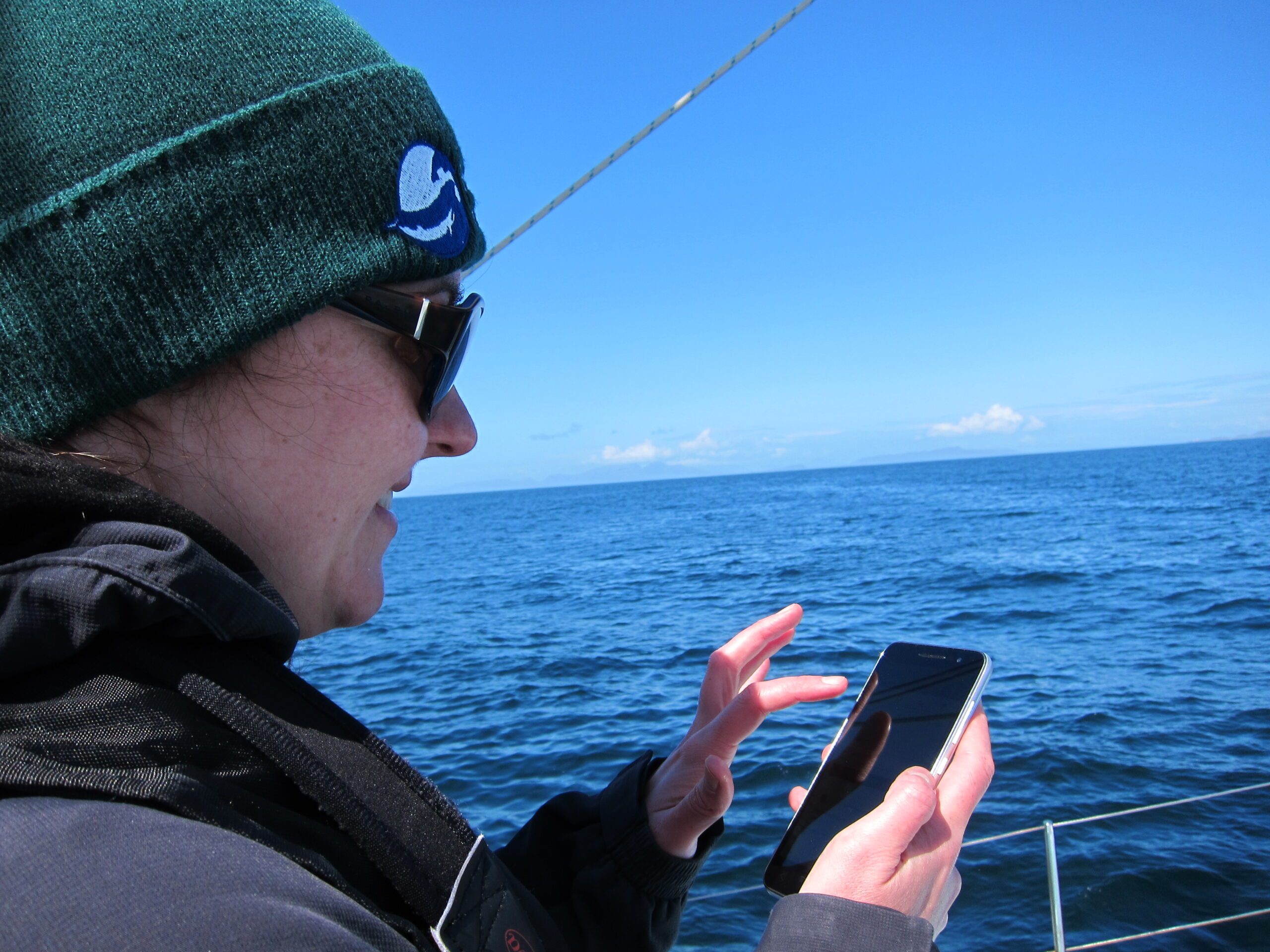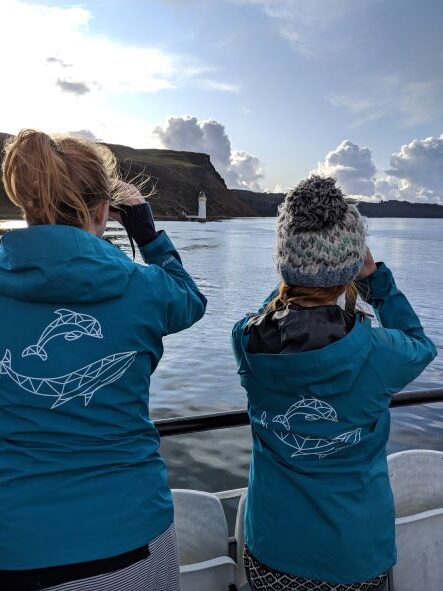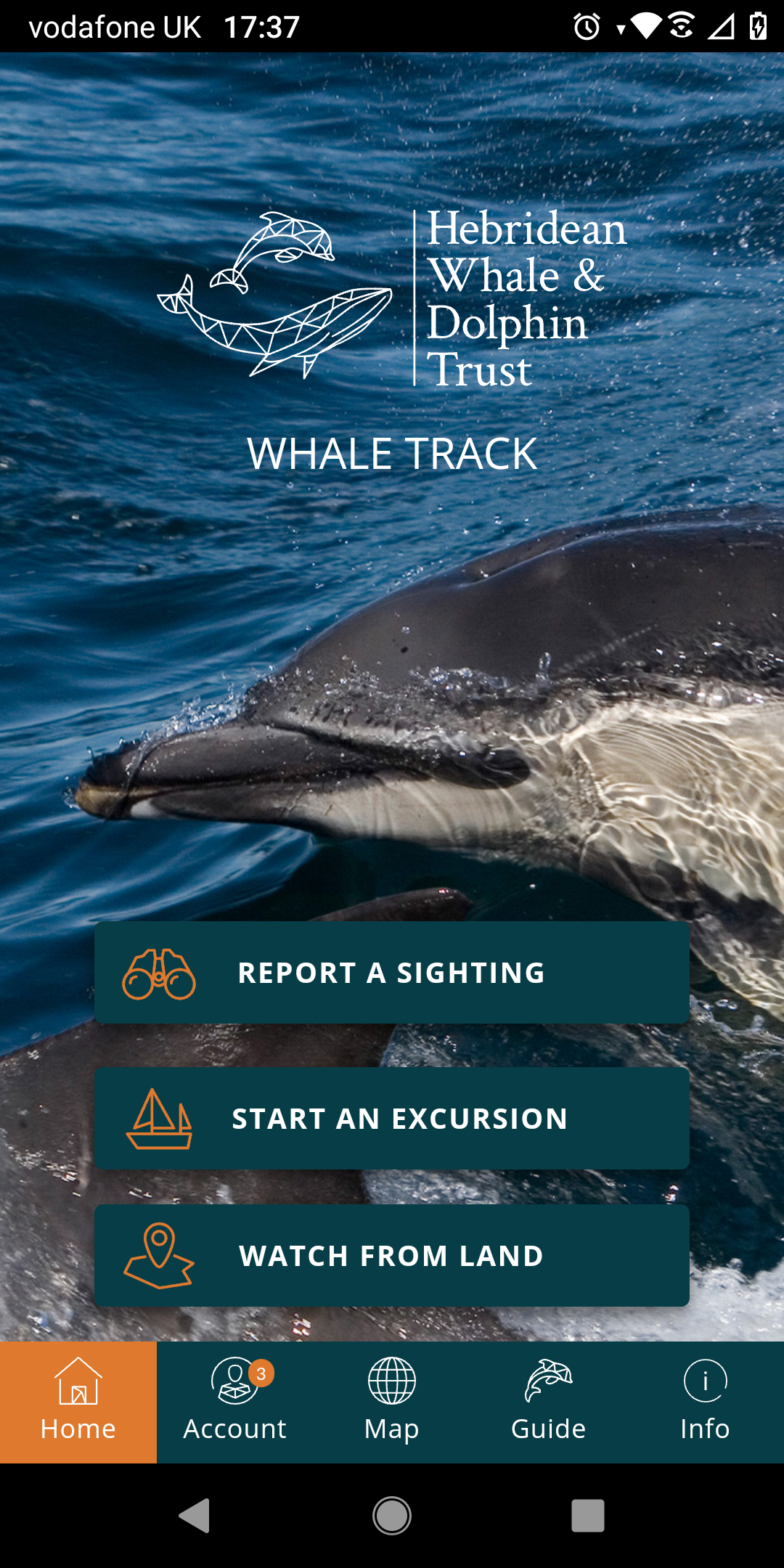Honorary Mention
Community marine mammal monitoring for nature restoration
Whale Track is a long-term, community-based marine mammal monitoring programme, supported by a smartphone application. With over 4,000 registered users and an increasing number of sightings reported each year, this community of citizen scientists is helping to monitor Scottish whales, dolphins, and porpoises on a scale like never before. It is a staggeringly impressive public effort.
Whale Track provides a quick and easy way for the public to record and submit their sightings of whales, dolphins, and porpoises in Scottish waters. It is the first UK based biological recording app to use GPS tracking technology at sea. Designed to work even in the most remote areas, without network coverage or internet, it allows anyone to contribute to our research, from fishermen to tourists.
Working together, volunteer citizen scientists are collecting the knowledge and evidence needed to protect Scottish whales and dolphins, restore our marine environment, and tackle the impacts of climate change.
Jury Statement
Whale Track is the first UK based biological recording app to use GPS tracking technology at sea to be an accessible way to support citizens record and submit sightings of whales, dolphins and porpoises from across the west coast of Scotland. With over 30,000 sightings logged so far alongside an education programme, the Hebridean Whale & Dolphin Trust work directly with communities to encourage stewardship of seas from fishermen to tourists. Of particular note was the thoughtfulness of the app working in rural contexts – without network or wifi – in this programme.
European Union Prize for Citizen Science Jury 2023 (Kat Austen, Lewis Hou, Pedro Russo, Andrea Sforzi, Stefanie Wuschitz). View full Statement here.
Credits
The Whale Track digital platform was first developed in 2017 thanks to funding from the National Lottery through the Your Heritage Fund. In 2022, we invested in our growing Whale Track sightings community, rebuilding and expanding the data collection functionality of the digital platform with funding from the NatureScot Nature Restoration Fund. The project has received funding from the Q Charitable Trust, Coop Local Community Fund, Postcode Local Trust, and Baillie Gifford.
Biographies
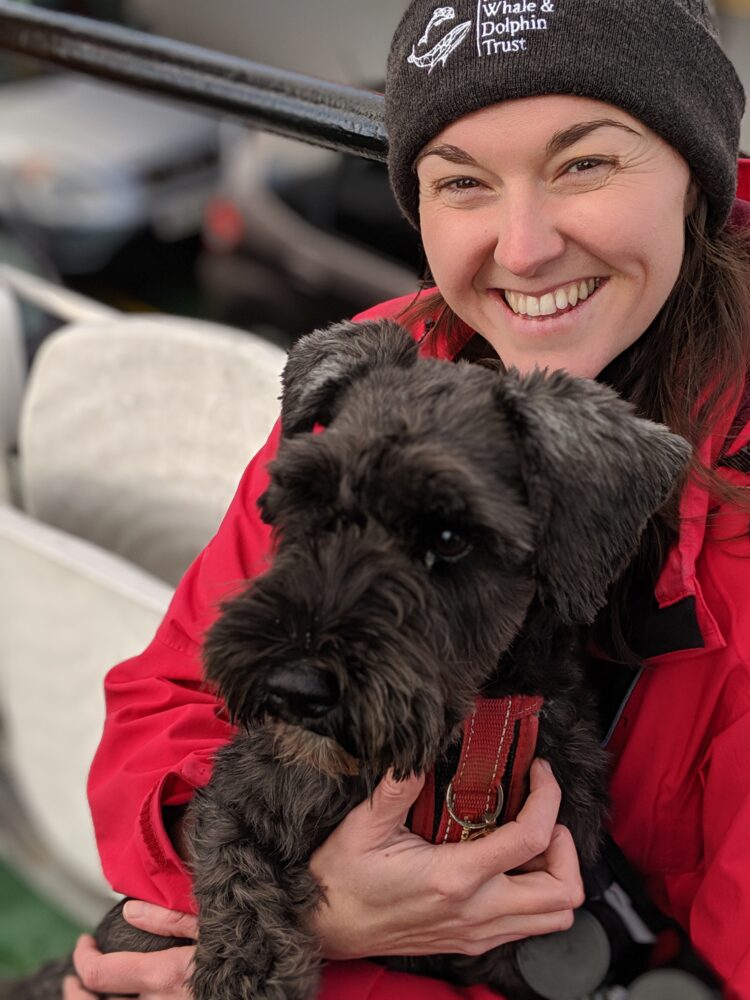
Alison Lomax
Alison Lomax (GB) is Director of the Mull based charity, Hebridean Whale and Dolphin Trust (HWDT) and has been working in marine mammal conservation in the UK for the past 10 years. At HWDT Alison oversees the charity’s many conservation, education and community-based programmes; most recently spearheading the creation of the spectacular new Hebridean Whale Trail on the west coast of Scotland. Her main interest is in community engagement and citizen science projects and is passionate about connecting people and environment together through stories and wildlife experiences. At home in the sea, Alison’s also a keen cold water swimmer.
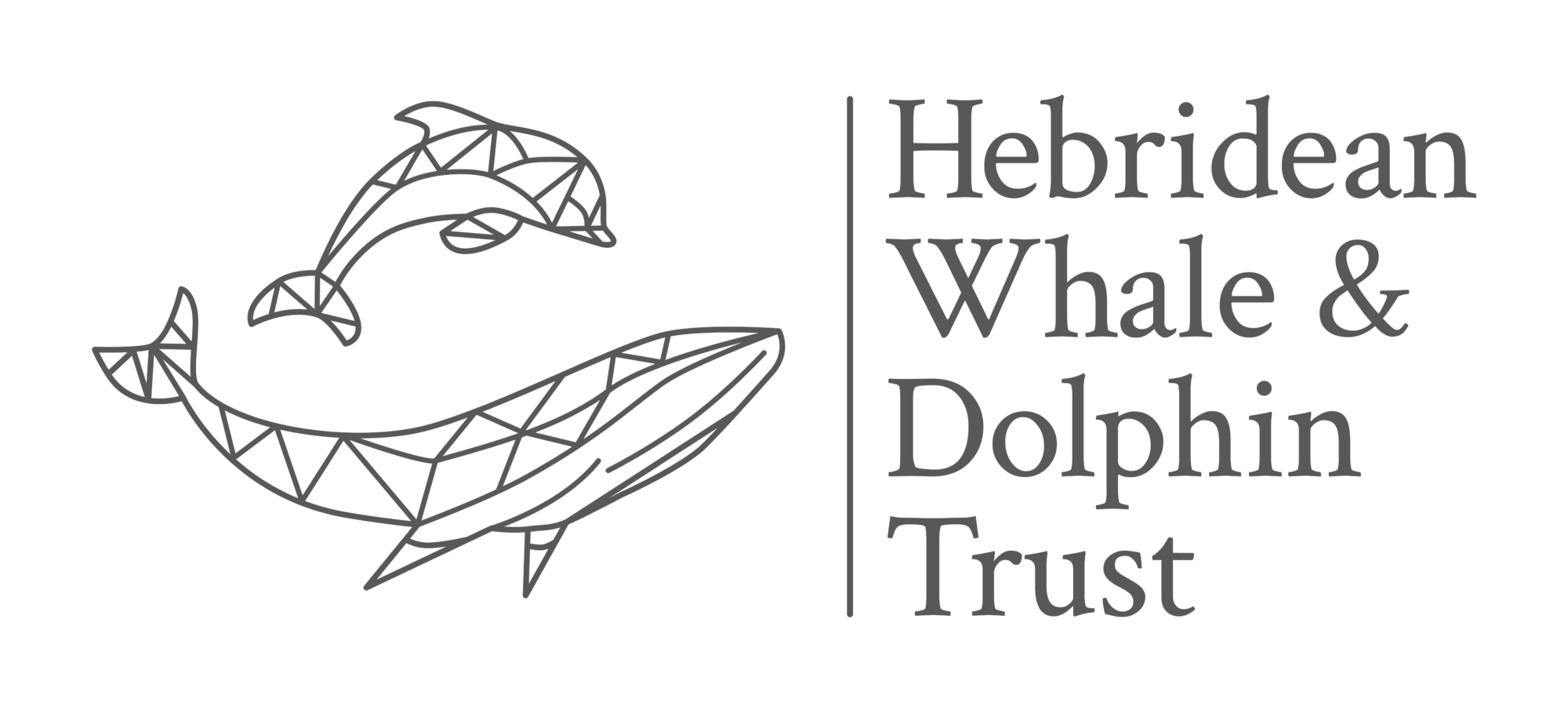
Hebridean Whale and Dolphin Trust
Hebridean Whale and Dolphin Trust (GB), established in 1994, is the trusted voice and leading source of information for the conservation of Hebridean whales, dolphins and porpoises (cetaceans). Based on the Isle of Mull, in the heart of the Hebrides, Hebridean Whale and Dolphin Trustis a registered charity that has pioneered practical, locally based education and scientifically rigorous long-term citizen science monitoring programmes on cetaceans in the Hebrides. We believe evidence is the foundation of effective conservation. Our research has critically advanced the understanding of species that visit seasonally or are resident in the Hebrides. Data are provided to the Scottish Government to inform protection measures for minke whales, Risso’s dolphins, harbour porpoises, and basking sharks across Hebridean seas. We are dedicated to enhancing the knowledge and understanding of the Hebridean marine environment through education, research and working within communities as a basis for the lasting conservation of local species and habitats.
